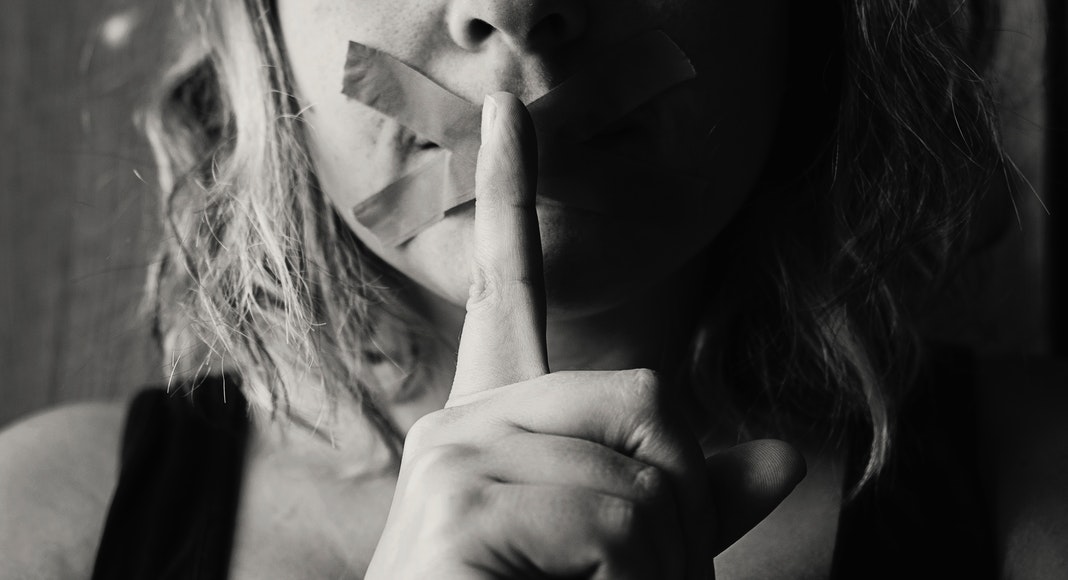 A woman comes home from work and begins undressing. Before she knows it, 12 armed police officers break into her house and handcuff her. It happens so fast that she can’t cover herself and she’s completely naked. She remains exposed for 20 minutes. She is confused and frightened.
A woman comes home from work and begins undressing. Before she knows it, 12 armed police officers break into her house and handcuff her. It happens so fast that she can’t cover herself and she’s completely naked. She remains exposed for 20 minutes. She is confused and frightened.
As it turns out, the cops had the wrong house. Video footage from this awful evening was finally made public after the city attempted to prevent that from happening, and I watched it last night. Among the tidal wave of emotions I felt while viewing, a small, yet powerful moment stood out to me.
As Anjanette Young repeatedly asked what was going on and cried out to the police that they had the wrong house, one officer replied, “You don’t have to yell.”
“You don’t have to yell.”
You are naked and strange, armed men have restrained you in your own home. You don’t know what’s happening.
“You don’t have to yell.”
This line made me think, long and hard.
Because isn’t that just what it’s like to be a woman.
We are expected to be agreeable and supportive and somehow that morphs into the expectation to be compliant.
Personally, I believe that a gentle spirit is a virtue. I often nod my head when I know someone (read: a man) is a little bit wrong because I believe the chance to connect through communication is more important. These are positive traits that I’d like to pass to my daughter but the big problem is, agreeability doesn’t fly when you are being wronged.
I wonder if there’s a way to teach our daughters how to be a nice girl while also teaching how to stand up for themselves and when it would be necessary. The code switching required is harder than you might imagine, if you’re not a woman.
You know what?
I wouldn’t have yelled.
I would have frozen up and cried but I’d have been too scared to yell. And maybe part of me would know that if I did, that cop would have said to me what he said to Anjanette, swallowing me in shame.
I wouldn’t have yelled, but anyone in this situation should be yelling.
If a girl is being kidnapped, robbed, attacked, raped…
We want her immediate response to be a loud, protesting scream.
We don’t want her to freeze up with tears falling down her cheeks and let it happen.
So let’s start by teaching our daughters that along with inside voices and outside voices, there’s an emergency voice. Let’s teach them about kindness and sharing, and also how to stick up for themselves. Let’s stop ourselves from immediately chastising the child screaming on the playground and instead listen first to what happened.
Our girls’ safety depends on it.

















